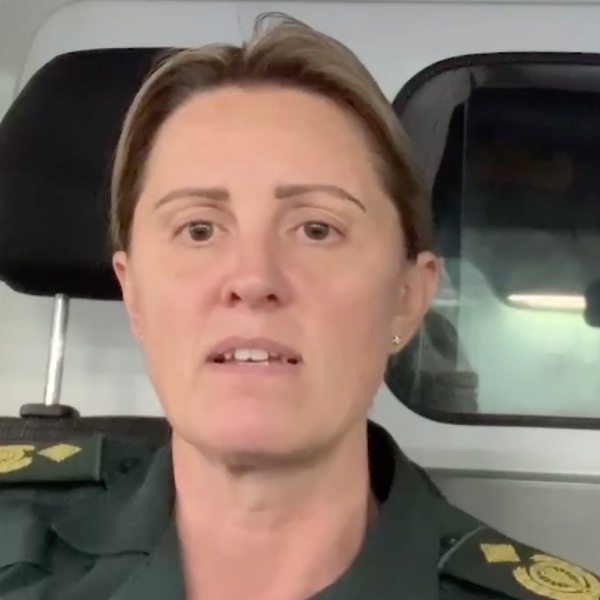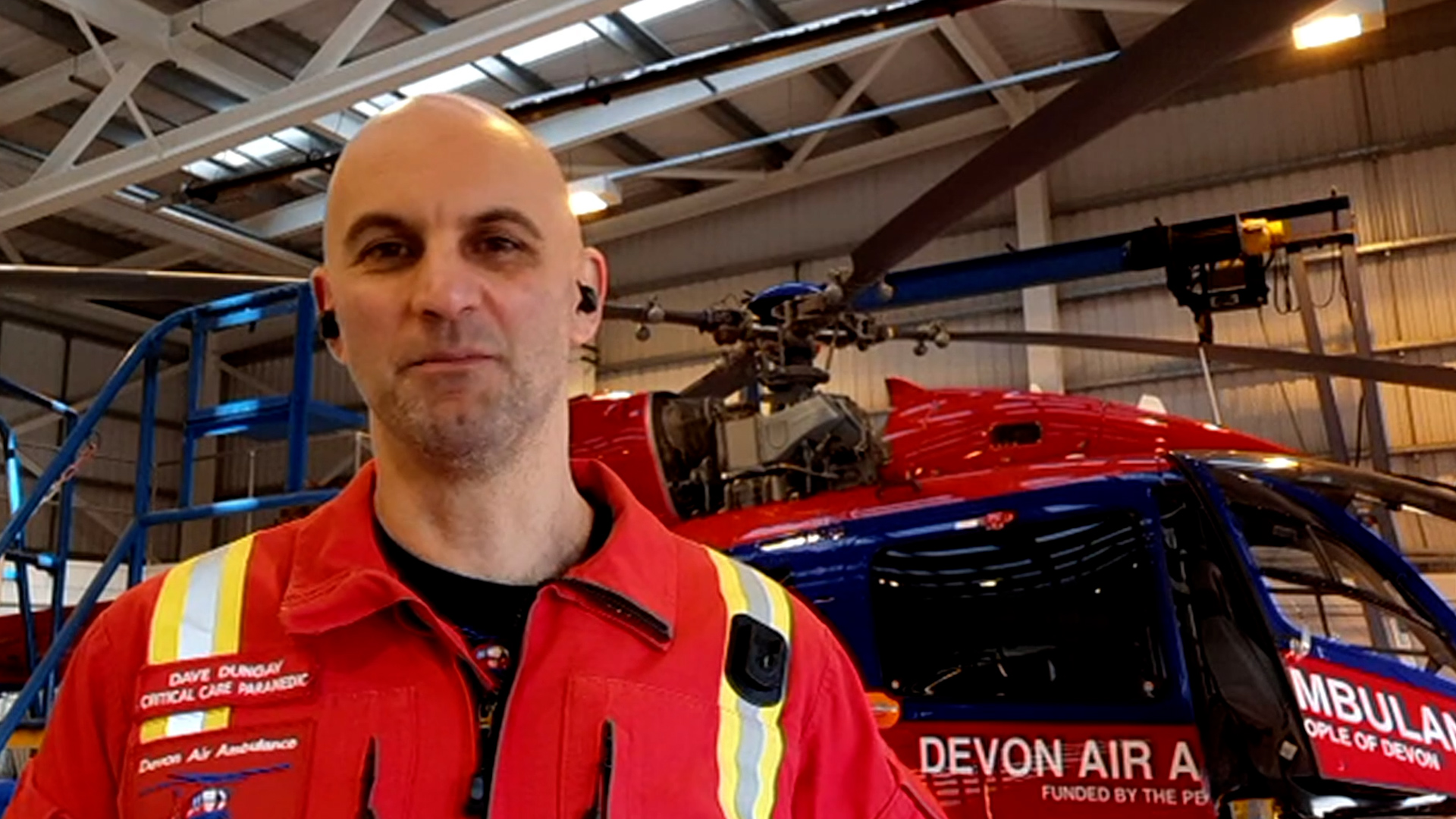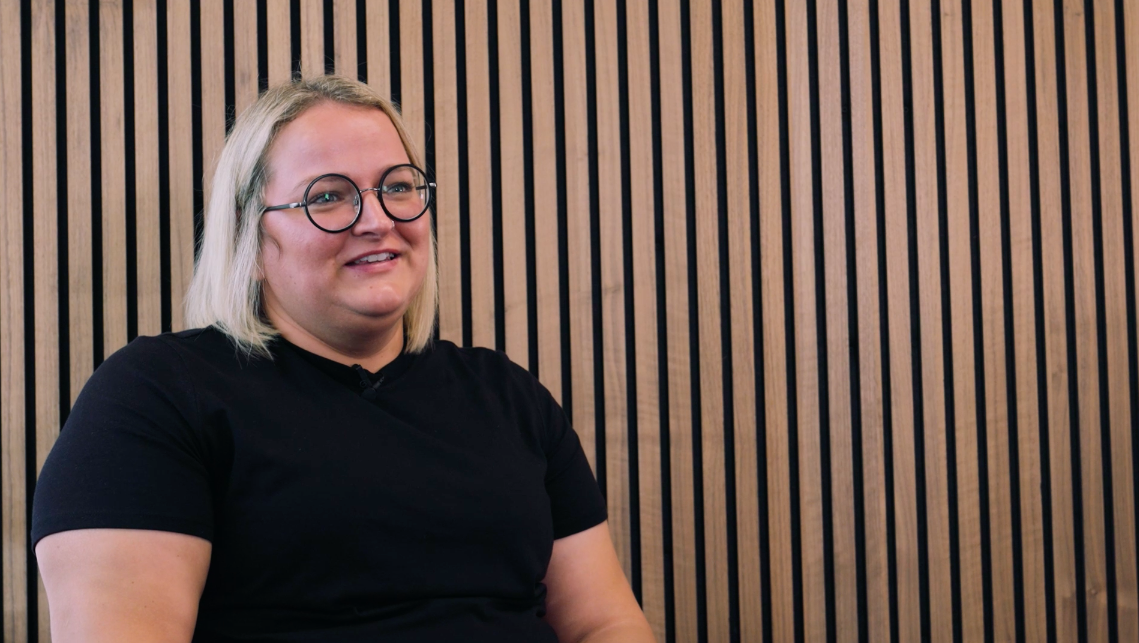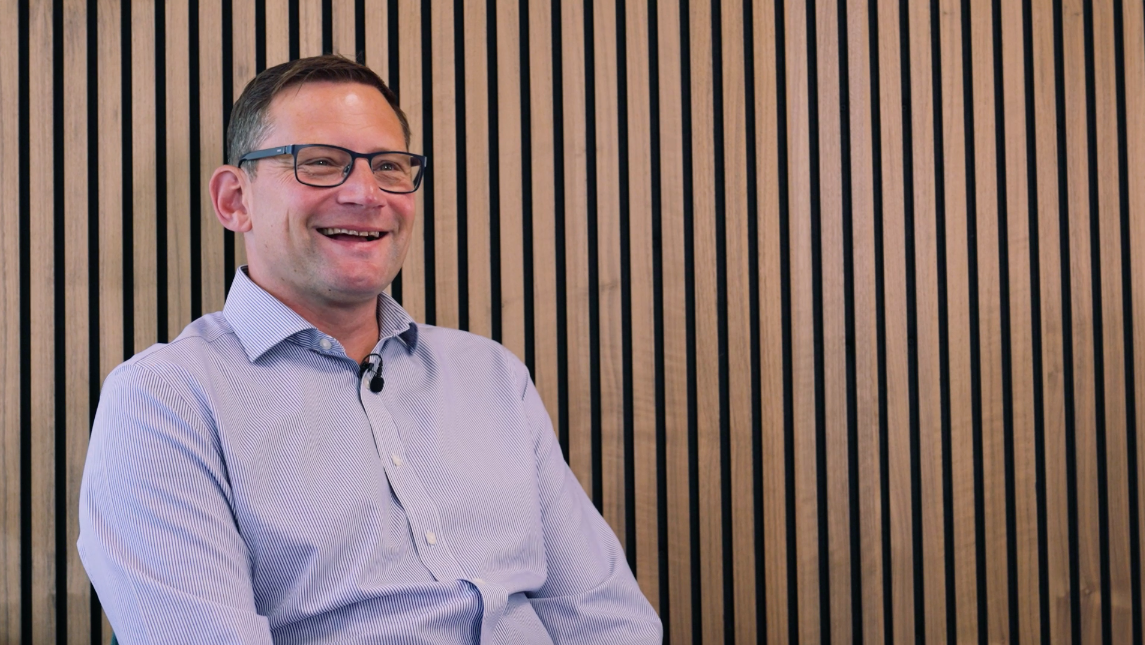Explore: Emergency services
Paramedic
South Central Ambulance Service, NHS
info Issues viewing the video?
| Nicola
Paramedic |
|
| 00:07 | From a very young age, I always knew what I wanted to do. I was 5 years old, a bit of a tomboy and my mum bought me a fire engine, a police car and an ambulance, and they had a little blue flashing light at the top and I said to my mum, ‘One day, mum, I’m gonna drive one of those nee-naws’. I wasn’t ever what nee-naw it was gonna be. |
| 00:27 | I left school at 16 with just 3 GCSE’s, but, you know, looking back, they, they were the most important GCSE’s that I could’ve left school with. |
| 00:37 | I didn’t really like school, but I left with English, maths and a science qualification, and thankfully, they were the 3 that I needed to join the ambulance service. However, since then, I think I’ve done most of my learning since I left school, and I think as you get older you appreciate learning more, erm, and my ability to learn has got easier as I’ve gotten older, and don’t ever think that you get too old, that you can’t, can’t try something new. You absolutely can, it doesn’t matter what age you are. I have achieved a foundation degree, I’ve also got, erm, a diploma in health and emergency planning, I’ve also, just about to complete my BSc Honours in paramedic science, which is just an achievement in itself. |
| 01:30 | You need to be trustworthy. You need to be trusted by the patient and you need to be trusted by your colleagues. Have an openness to peoples’ feelings, that you are competent in yourself and confident in what you’re doing. People need to know that they can trust you. You need to show that warmth side of you, be affectionate and friendly. It goes a long way for people to remain calm in your presence. |
| 02:03 | I thought I could drive until I joined the ambulance service and, erm, they retaught me everything I needed to know, because driving much bigger vehicles and having that, that perceptional awareness of your surroundings is something that you’re taught, so, as much, you get, you need to get as much practice in driving as you possibly can. Other than that? If you want excitement and you want a bit of a thrill and you don’t mind the ups and downs of an every day job, and you can deal with it and be happy at the same time, then this is just the career for you. |
| 02:40 | You could come into the ambulance service either as an emergency care assistant, and they are our drivers and they assist the paramedic with, erm, the, our delivery of patient care. They come in with 3 GCSE’s, we train them on a 9-week training course and at the end of about 18 months, they can progress on to become, perhaps maybe an associate ambulance practitioner, and then, once they’ve achieved that role, they can then aspire to be a paramedic. After that, the world’s your oyster, you can become a specialist paramedic, you could move into management, like I did, you could go on to do your master’s and perhaps maybe become a doctor, who knows? The opportunities are far greater nowadays than they ever have been, and so the opportunities are there for the taking. |
| 03:43 | It’s so important to get your English and your math and a, another subject as a minimum, really, because it will lead to many more doors opening for you. |
| 03:55 | So, even as a paramedic, time on the road can be really busy but there’s always time to have a cup of tea, so, er, cheers! |
| 04:14 | END OF TRANSCRIPTION |
Nicola knew she wanted to drive emergency vehicles from a very young age. She didn’t really like school and left with three GCSEs. “I think I’ve done most of my learning since I left school, and I think as you get older you appreciate learning more.” She’s since gone on to get a foundation degree and is just about to complete a degree in paramedic science.
More information about Paramedics
Data powered by LMI For All
£47,840
average salary
The UK average salary is £29,813
38
average weekly hoursThere are 37.5 hours in the average working week
54%
male
46%
female
The UK workforce is 47% female and 53% male
Future employment
Future employment
Description
Paramedics provide first aid and life support treatment in emergency situations and transport sick and injured people who require skilled treatment.
Qualifications
Entry is via a student paramedic position with an ambulance service trust or completion of an approved full-time university course in paramedical science. Qualification requirements for entry to university courses vary (GCSEs, A levels or equivalent). A full, manual driving licence (with appropriate classifications) is required. Paramedics working in the NHS must be registered with the Health Professions Council.
Tasks
- Drives ambulance or accompanies driver to respond to calls for assistance at accidents, emergencies and other incidents;
- Assesses the nature of injuries, provides first aid treatment and ascertains appropriate method of conveying patient;
- Resuscitates and/or stabilises patient using relevant techniques, equipment and drugs;
- Transports and accompanies patients who either require or potentially require skilled treatment whilst travelling;
- Briefs other medical staff when handing over the patient, and completes patient report forms describing the patient’s condition and any treatment provided.
Employment by region
Top 10 industries for this job
Health
31951
Employment status





